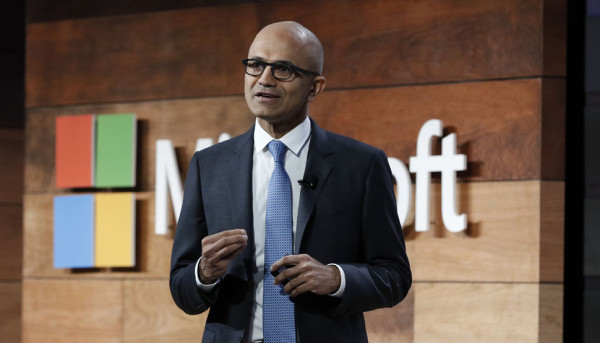
Microsoft has announced plans to donate $1 billion in cloud services over three years to non-governmental organisations and researchers, in a bid to provide access to these services to communities that can’t afford them.
The donation by Microsoft, the size of which has been calculated at fair market value, could also bring long-term business benefits, as it would help the company win over a number of potential long-term users to its cloud platform.
Among the questions being asked at the World Economic Forum at Davos, Switzerland is how to make the benefits of cloud technology available universally rather than let only wealthy societies have access to the data, intelligence, analytics and insights that come from cloud computing, wrote Microsoft CEO Satya Nadella in a recent blog post.
The new Microsoft Philanthropies arm of the company, set up last month, will provide non-profits with the full suite of Microsoft cloud services, including Microsoft Azure, so that NGOs can run applications and make use of computing and storage power, CRM Online to manage relationships with donors and beneficiaries, and the Enterprise Mobility Suite to manage all of their devices, applications, and data.
Microsoft aims to address 70,000 NGOs through one or more of its cloud offerings by the end of 2017 and will focus on serving even more groups after that every year, Microsoft President and Chief Legal Officer Brad Smith wrote in a blog post. In 2016 alone, the company expects to donate close to $350 million in cloud services to nonprofits, according to Smith.
The other leg of the Microsoft programme is the expansion by 50 percent of donations for its current Microsoft Azure for Research programme, which has so far provided free cloud computing resources for over 600 research projects on six continents. Microsoft is also planning to donate cloud services combined with last-mile connectivity for underserved communities around the world. The company is focused on using TV white spaces, which are unused portions of wireless spectrum in the frequency bands generally used for television, for last-mile connectivity.
Microsoft has been pushing its cloud services around the world, including setting up data centres in some countries to meet local government requirements that data should be stored locally.





